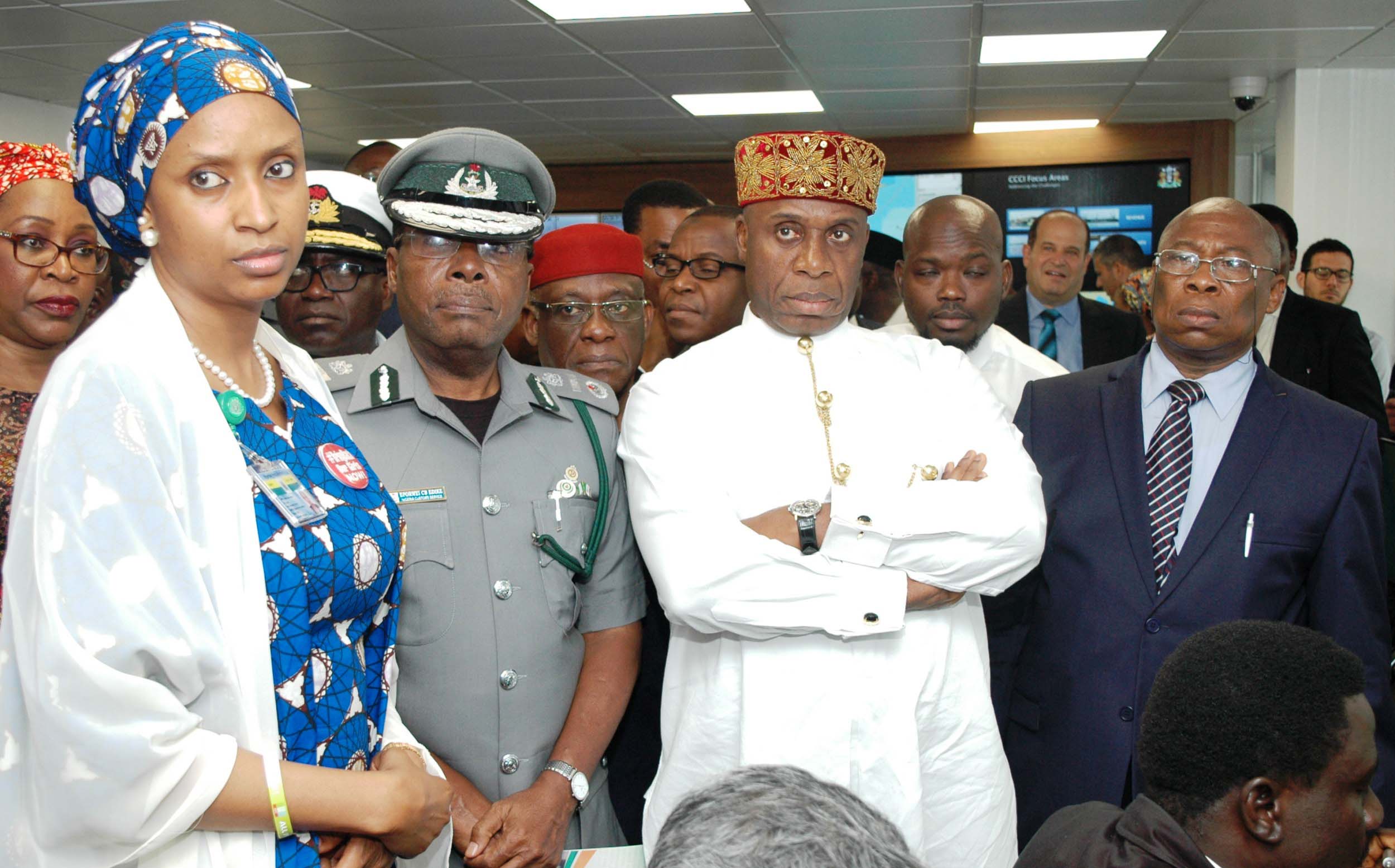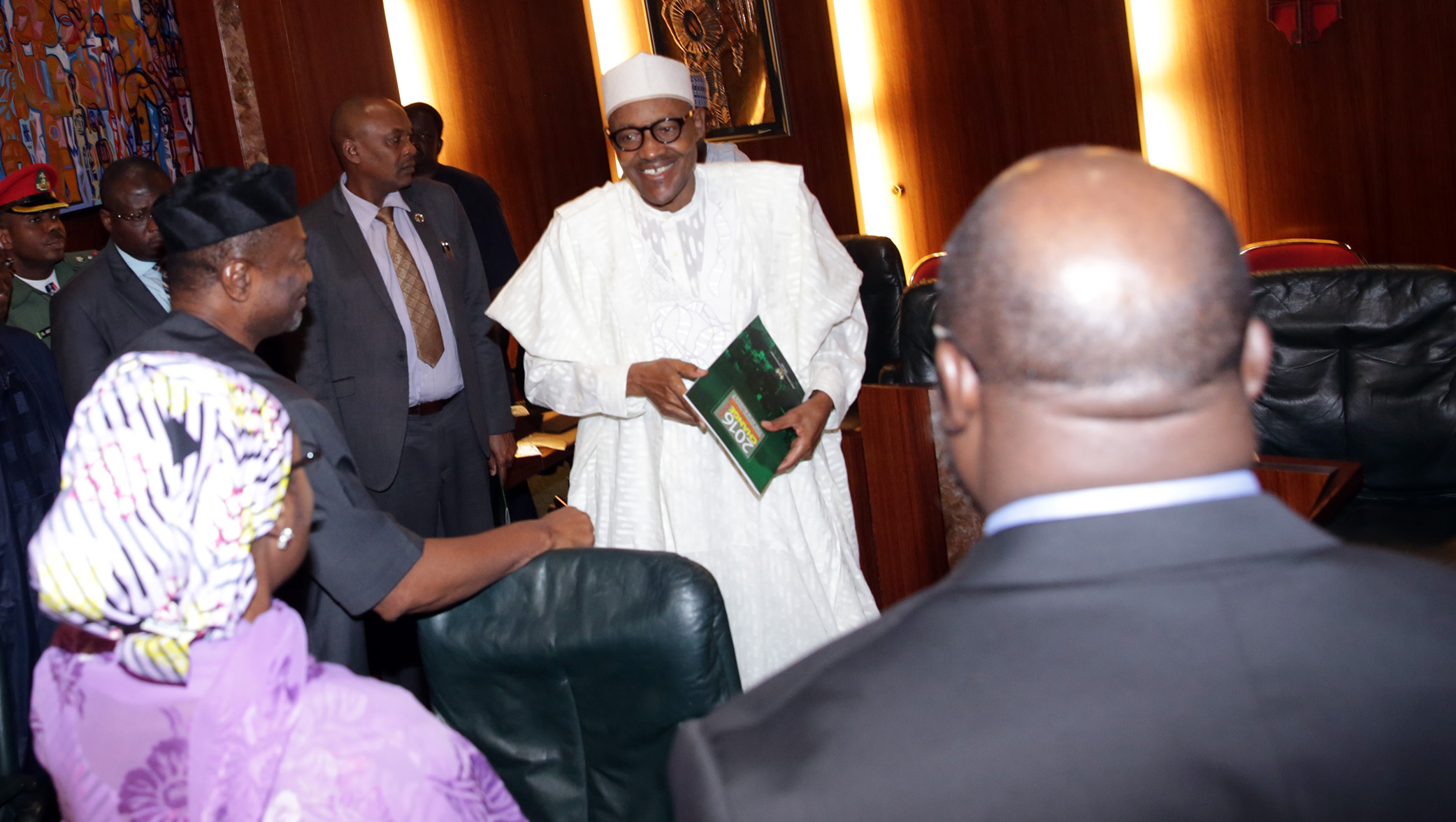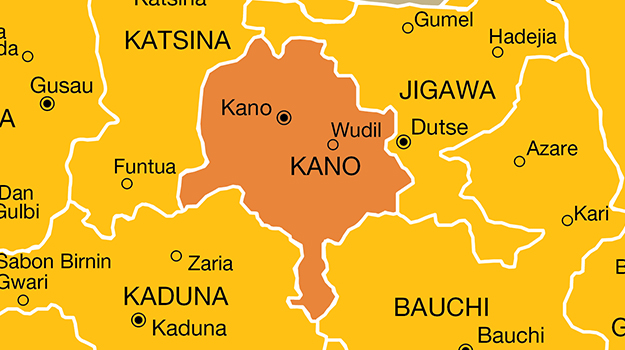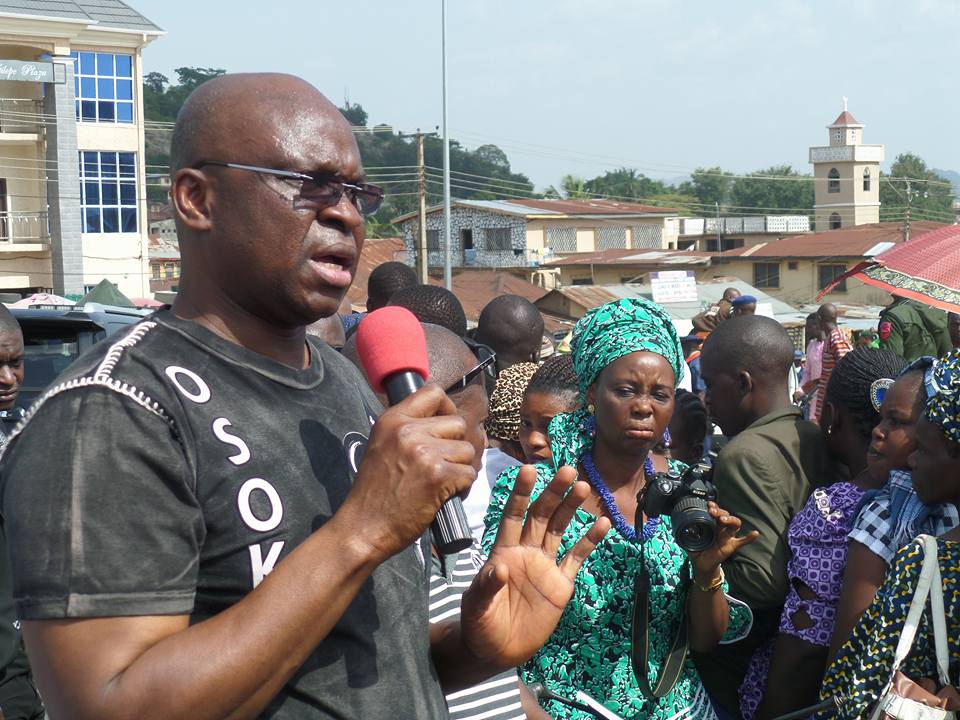Just 33.3 percent of constituency projects slated in the 2015 budget were completed, BudgIT, a civic organisation for transparent leadership, has established.
Using tracka, a tracking application it launched in collaboration with its partners, BudgIT monitored projects in 16 selected states of the federation and made stunning revelations.
According to Abiola Afolabi, programme manager, Tracka, “empowerment programs are the biggest means of funds misappropriation in constituency projects”.
The states monitored are Kogi, Ogun, Oyo, Kano, Edo, Delta, Anambra, Kaduna, Niger, Gombe, Lagos, Ondo, Imo, Cross River, Kebbi, and Jigawa.
Advertisement
“We embarked on this project tracking due to the recurrence of capital projects listed and not executed in successive budget, which dampens the spirit of people whose sense of belonging comes from inclusion in the state and federal budgets,” Afolabi said.
The 2015 budget provided a N40 billion allocation to the national assembly to execute constituency projects across the country, a major drop from the 2014 allocation of N100 billion.
Project tracking officers (PTOs) were deployed to monitor and confirm citizen reports on the progress of constituency projects across all 16-focus states.
Advertisement
“We observed a disparity between the number of stipulated and executed projects. Tracka’s report covered a total of 436 projects; 211 of these were not implemented, 77 projects are ongoing, and only 145 projects reached completion,” she said.
“These statistics are a letdown to the people, most especially the grassroots who bear the brunt and are subjected to poor living conditions.
“According to our survey, contract inflation is one of the leading causes of underdevelopment in Nigeria. We urge the government to adopt open contracting and bidding for public projects.
“For instance in Ijah Gbah, Niger state, a single solar-powered borehole construction was built for N10 million, and it became inoperative a month after its installation.”
Advertisement
Tracka found out that project locations were not listed in the budget making it impossible for citizens to monitor its implementation.
“Provisions like these are extremely prone to misappropriation of funds and corruption,” she continued.
“Ondo state had a provision of N61 million erosion control project in the south senatorial district; residents could not identify a community that required the provision.
“One of the biggest challenges with constituency projects is that citizens are not aware of the budgetary provisions; the lack of access to information about public projects such as the construction of roads, schools, and clinics, etc. hampers development in the various constituencies.
Advertisement
“In Niger state, we observed a N300 million allocation for poverty eradication and skill acquisition in Gurara, Suleja and Tafa constituencies; it was not implemented, and the people were not aware of this provision.”
Within the tracking period, from February 2015 to May 2016, BudgIT highlighted a few trends noted in the field and gave a few recommendations.
Advertisement
“For example, in Delta state, N25 million was allocated for the renovation of a school hostel; this amount is sufficient to build a new shelter.
“To the north, in Jigawa, N20 million was budgeted for the fencing of a primary health care facility. We advise that as Nigeria operates its largest budget deficit in at least three decades, the allocation of funds to public projects should be cost-effective.
Advertisement
“We recommend full implementation of projects, as abandoned work is a massive leak to public resources. The federal government should strive for full implementation in each state before embarking on new capital projects.”
Advertisement
Add a comment







